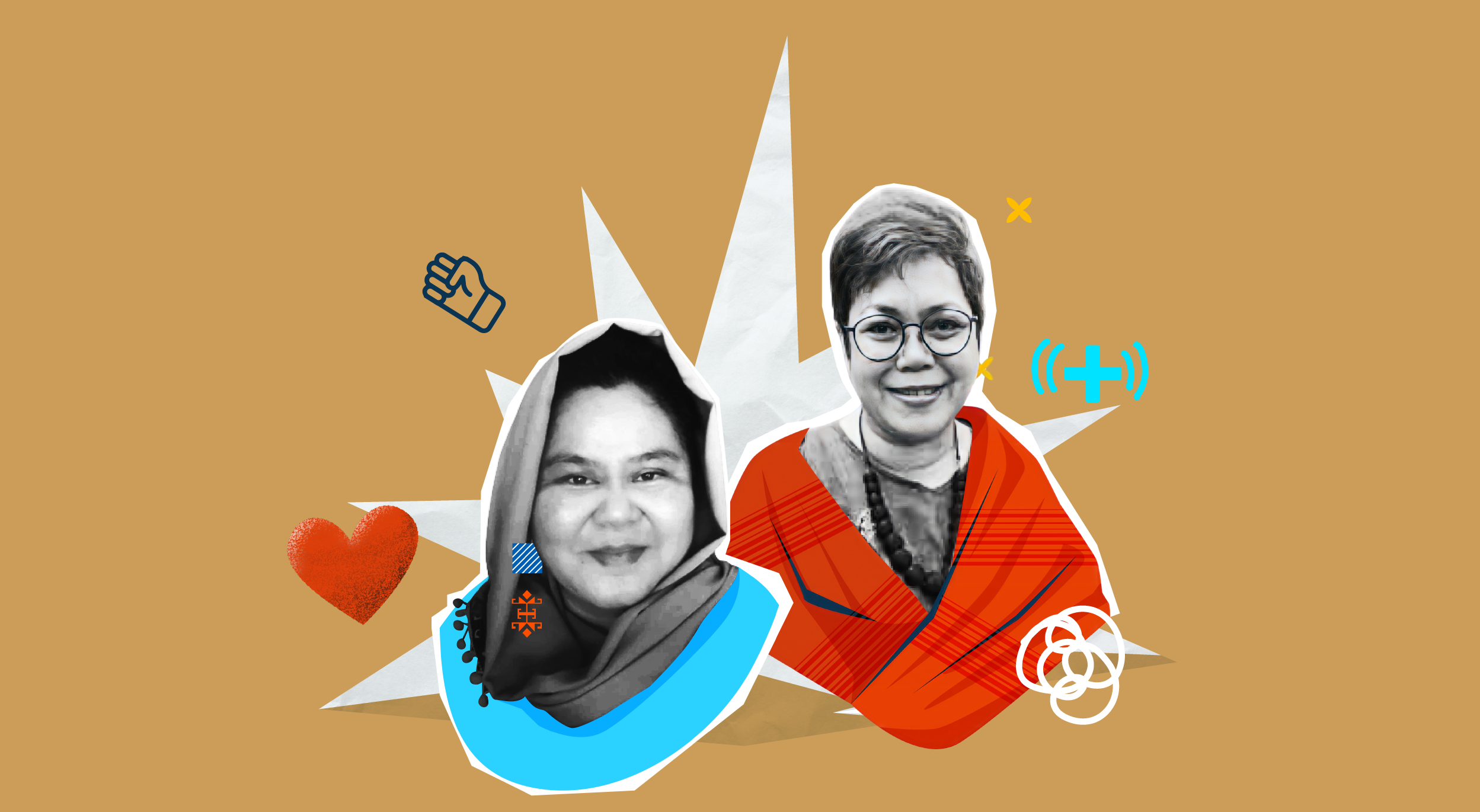If we’re discussing preventing violence, we might think first of a stricter approach from the lens of hard security. However, as time goes by, we have understood that a softer approach actually works as an alternative. In this webinar, we explored empathy-building for all communities. In our previous webinar, “Empathy-building as a Violence Prevention,” on Wednesday, July 6th, 2022, Dr. Siti Irma Fadhilah Binti Ismail (Universiti Putra Malaysia) and Mira Kusumarini (Yayasan Empatiku) shared their thoughts and experiences regarding this topic.
If you missed the opportunity to join the webinar, don’t worry; we have you covered! Here are four things you might have missed from the webinar.
1. Why is empathy important for preventing violence?
The act of supporting violence may have happened because one doesn’t feel or feels a lower level of empathy. “Some people may not realize if they have an absence of empathy,” said Dr. Irma. People think they have empathy when it is actually favoritism. Empathy is defined as an ability to look into other people’s perspectives, and can significantly impact the prevention of violence. It enables the building of more resilient communities and individuals.
2. Things we need to build individual resilience
People may not be aware if they are less empathetic because they haven’t received enough exposure to different experiences, such as meeting people with different backgrounds or ethnicities. Although to build individual resilience, empathy must be the foundation. First, Dr. Irma mentioned that the essential ability to think critically was more present in people with more exposure and engagement with other resources. Individuals should have a flexibility of thoughts instead of seeing the world only in black and white.
Second, Dr. Irma discussed understanding one’s own identity as well introducing other kinds of identity. This process might help individuals to understand the outside world better. Thirdly, individuals should be exploring things, not avoiding them. These steps might help individuals understand PVE better, although there needs to be a strong empathy foundation.
3. The importance of community resilience
Individual resilience is not the only important thing in preventing violence. Community resilience plays a considerable part, especially in helping the process of reintegration for the deportees and returnees who have been engaged with violent extremism or have committed violent acts. There is a high chance that society will reject the deportees and returnees since they are worried there might be a spread of radicalism. However, with community resilience, society is able to respond, withstand, and adapt to some possible adverse situations. To have community resilience, empathy should act as its core. By having empathy, they can understand the background story of returnees and deportees. Mira Kusumarini said society should learn how to reject the idea of engaging and committing a criminal act but not rejecting the person.
4. Challenges in building empathy
Mira mentioned two main challenges to empathy building. First, most people are not ready to convey their feelings, which could hinder the process of being empathetic to other people’s feelings. When people don’t understand their feelings, it can be more difficult to be ready and willing to understand the feeling of an act of violence, discrimination, or being discriminated against. Second, not everyone can reflect on a situation, let alone reflect on how someone could face discrimination, and some people are not used to having a process to reflect on their own lives and past.
From all the points above, we can conclude that empathy plays a significant role in violence prevention. Even if it’s only at the individual level, empathy builds personal resilience towards violent extremism, making the individual more critical towards new kinds of identity and information. Empathy builds resilience at the community level as well, which is one of the keys in implementing reintegration. Although empathy and resilience building encounters many challenges, it is important to remember the most important reason for building empathy: peace.

